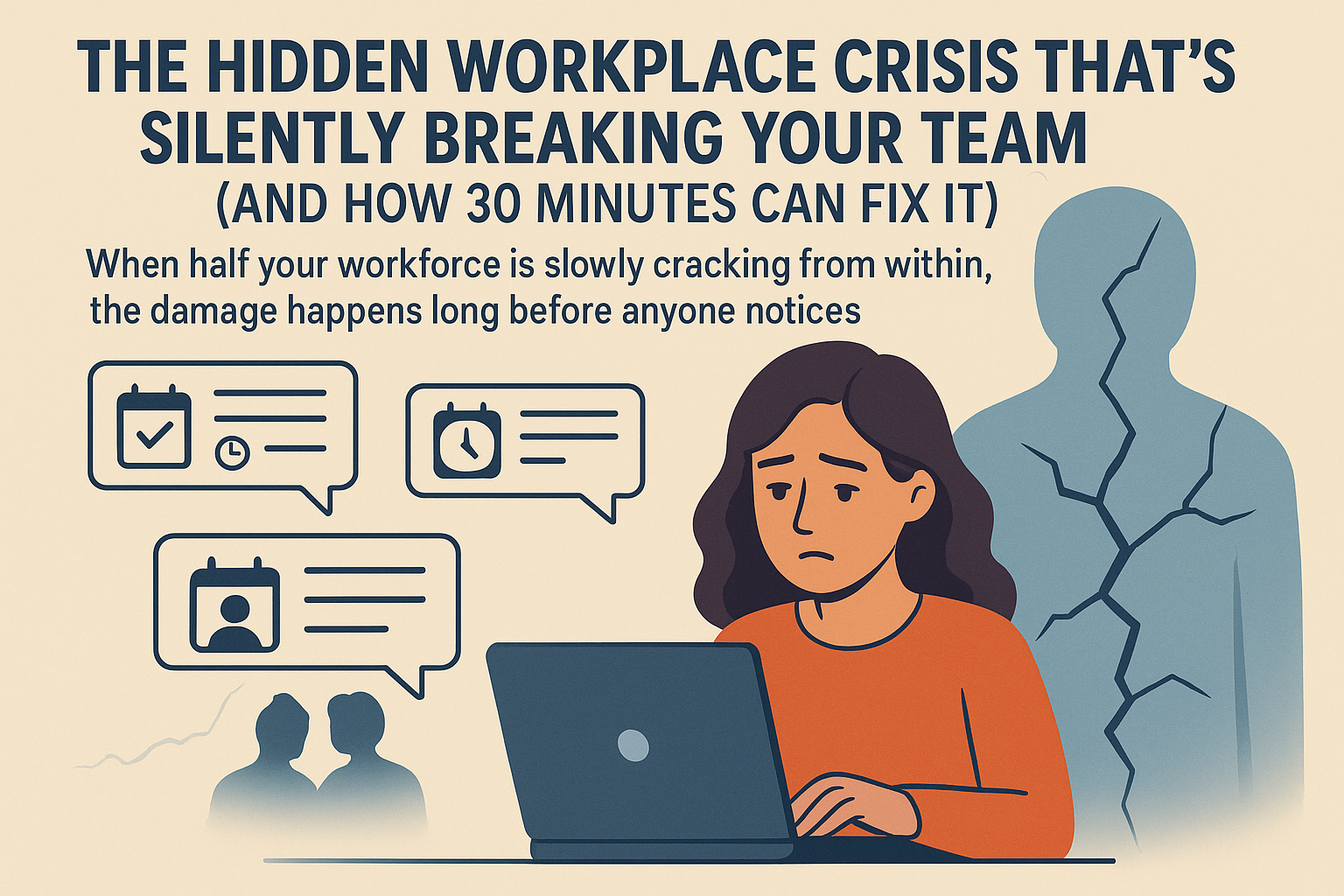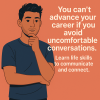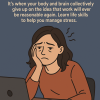
That Thing Where You're Dead Inside But Still Show Up to Work
Last Tuesday at 3:07 AM (why is it always 3:07?), I was staring at my ceiling doing that fun thing where you replay every awkward meeting moment from the past six months. You know the one.
Started because Karen asked for volunteers to lead some new initiative in our status meeting. Six months ago, I would've been first to raise my hand. Last Tuesday? I studied my coffee like it held the secrets of the universe.
Here's what's killing me: it's not that I'm lazy. I used to care—really care. But somewhere between the third "let's circle back" and the fifteenth meeting-that-should've-been-an-email, something inside me just... stopped.
The Numbers Hit Different at 3 AM
Apparently this costs the global economy $8.8 trillion. I can't even comprehend numbers that big. What I can comprehend: half my team looks like extras from The Walking Dead and we all pretend it's fine.
My friend who works in HR told me people don't even admit they're struggling anymore. "They think we'll use it against them in reviews," he said. And like... is he wrong? Remember when "mental health days" became a thing, then suddenly everyone who took them got marked as "not leadership material"?
The pattern goes something like this: You try really hard. Nobody notices. You try less hard. Still nobody notices. You realize you could probably not show up and it would take three days for anyone to care. You keep showing up anyway because mortgage.
When Your Stress Pillar Cracks
What managers don't get: the work still gets done. Of course it does. So does laundry. Doesn't mean I'm passionate about folding fitted sheets.
They see outputs, not the fact that Dave from accounting makes me practice breathing exercises in the bathroom before every interaction. (It's always a Dave, isn't it?)
Those corporate wellness breathing exercises? Garbage when you're actively panicking in a bathroom stall. What actually helps is weirder. Like this bilateral tapping thing that looks insane but stops your brain spiral. Or the Center-Breath + Label technique—sounds like therapy speak until you're doing it at 2 AM and suddenly you can breathe again.
I learned these from an AI coach because telling a human about my presentation anxiety felt too real. Plus the AI doesn't judge when I practice the same slides 47 times.
Three Things That Actually Matter
Psychological safety
isn't trust falls. It's when your manager actually listens instead of scrolling Slack while you talk. Revolutionary.
Learning real skills
—not another Excel training. Like that Boundary Script: Yes-With-Tradeoff thing that saved me from agreeing to lead three projects while already drowning. Actual tools for when your brain decides to betray you at the worst possible moment.
Some sense of direction
beyond next quarter's OKRs. Hard to care about goals when you don't know if you'll even want to be here next quarter.
What Now?
I'm not saying a 30-minute session fixes everything. But when you're drowning, even a pool noodle helps.
During lunch after my third panic attack that month, I tried one of those intervention things. The 2-Minute Reframe technique. Still use it. Especially before meetings with Dave.
Yeah, getting help from an AI coach sounds dystopian. But it's there at 3 AM when you're spiraling about tomorrow's presentation. Doesn't make it weird when you ugly cry. Actually remembers what triggers you.
These aren't magic. I still think most meetings are pointless. But I can present without my voice shaking now. That's... something.
If you're reading this at 2 AM because you can't stop replaying today's disasters—you're not alone. Half your coworkers are doing the same thing. We're all pretending to be fine, and this version of "fine" isn't sustainable.
Try one session. If it helps, keep going.
This is a skills practice, not medical or mental-health treatment.








